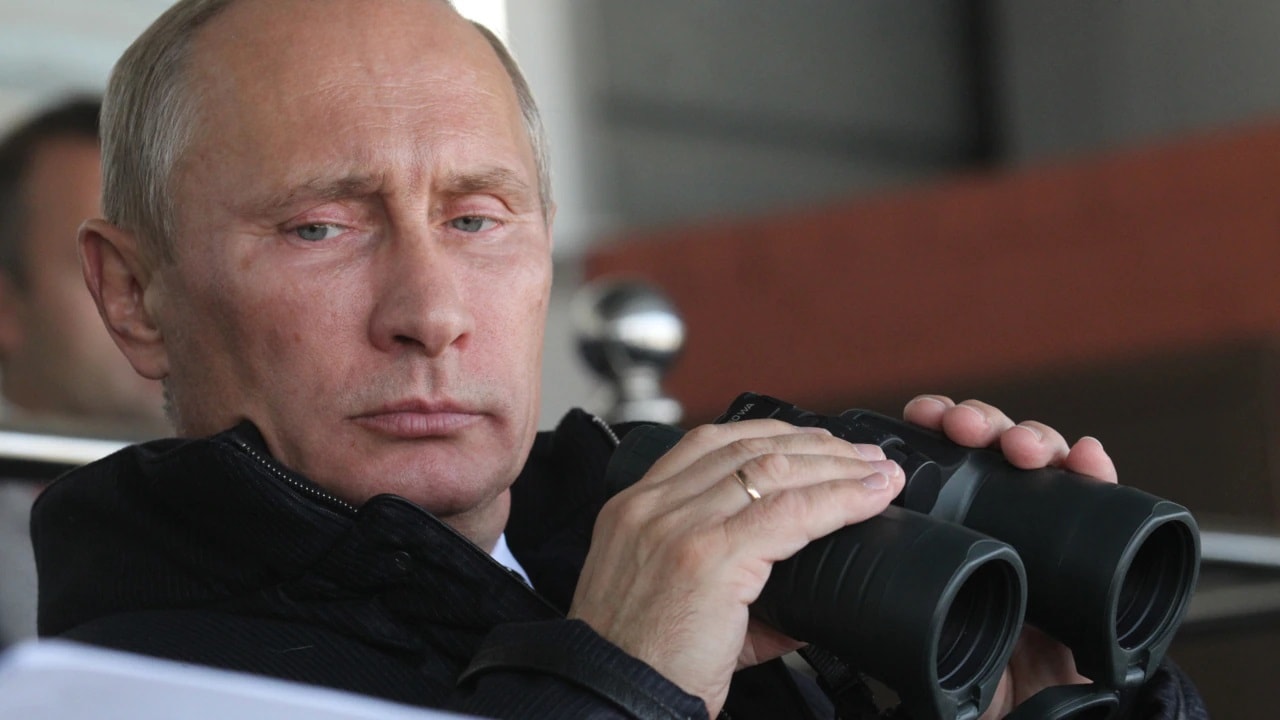Russia’s continued insistence that Ukraine is responsible for a series of rocket strikes on the Zaporizhzhia nuclear power plant has raised eyebrows across the international community, with analysts questioning why Russia would strike a nuclear facility that is currently housing its own troops, ammunition, and weapons. Reports this weekend, however, suggest that Russia is preparing a false flag operation on the facility, designed to make it look like Ukrainian forces are behaving recklessly.
According to reporting by The Kyiv Independent, intelligence confirmed an instance of shelling against the power plant.
“Intelligence: Russia shells Zaporizhzhia Nuclear Plant from nearby occupied village,” the independent media outlet tweeted. “According to the Defense Ministry’s Intelligence Directorate, Russian troops are preparing a false-flag operation disguising a self-propelled artillery as Ukrainian,” the outlet also claimed.
Not the First False Flag
In March, after occupying the Zaporizhzhia plant, Russia made extraordinary claims that Ukraine was developing a nuclear dirty bomb.
On March 6, Russian news outlets cited unnamed sources claiming that Ukraine was close to developing a plutonium-based bomb, but no evidence was given to support the claims, and the story quickly disappeared.
RIA, TASS, and Interfax news agencies all quoted an unnamed “representative of a competent body” to support the claims and reported that Ukraine had been developing nuclear weapons at the destroyed Chernobyl power plant since it was shut down in 2000. Ukraine gave up its nuclear weapons in 1994 following the dissolution of the Soviet Union, and there is no evidence of nuclear weapons development at Chernobyl or Zaporizhzhia.
Putin claimed before he launched Russia’s invasion on Feb. 24 that Ukraine was using Soviet technology to develop nuclear weapons – again, without providing evidence – and used these claims as a justification for his so-called special military operation.
“The creation of nuclear weapons by Ukraine would threaten the security of the whole world and provoke the outbreak of a nuclear war; Russia could not allow uncontrolled Ukrainian nationalists to have them,” Russian Federation Security Council Secretary Nikolai Putrashev said in a statement in March.
Russia Won’t Depart Zaporizhzhia Facility
After calls from G7 foreign ministers and the United Nations for Russia to depart the facility and for both sides to cease military operations near the nuclear power plant, Russia this week refused to leave. Moscow insisted its military’s presence is securing and protecting the site.
“No, and no again,” Konstantin Kosachev, the deputy speaker of the Federation Council, said this week about the possibility of handing the facility over to Ukraine.
Leonid Slutsky, the head of the State Duma Foreign Affairs Committee, also said on Twitter that the plant would remain under Russian control. Slutsky accused Ukraine of engaging in “nuclear terrorism.”
“And all the statements of support by the G7 foreign ministers are nothing but sponsorship of nuclear terrorism,” Slutsky said in a statement shared on Telegram.
Jack Buckby is a British author, counter-extremism researcher, and journalist based in New York. Reporting on the U.K., Europe, and the U.S., he works to analyze and understand left-wing and right-wing radicalization, and reports on Western governments’ approaches to the pressing issues of today. His books and research papers explore these themes and propose pragmatic solutions to our increasingly polarized society.

